Matthew is Saying Goodbye to Cook’n
My friends, this is my last article to Cook’n. I’ve enjoyed this experience far more than I deserve, and I’m going to miss having a space to rant about the different regional styles of cooking rice, or examining techniques and reasons to truss a skirt steak, or explaining in depth why tartar sauce is actually a variety of barbecue sauce.
I spent time over the last couple of weeks revisiting my old articles, and I noticed a few themes. There are some things I care about a lot more than others. In fact, these things are so important to me that I think the best way I can see myself out is to say each of these one last time. These are Matthew’s foundational principles of good cooking. I hope you’ll enjoy them from this writer one last time.
‘Murica – The Joy of Specialization Without Becoming a Culinary Nationalist
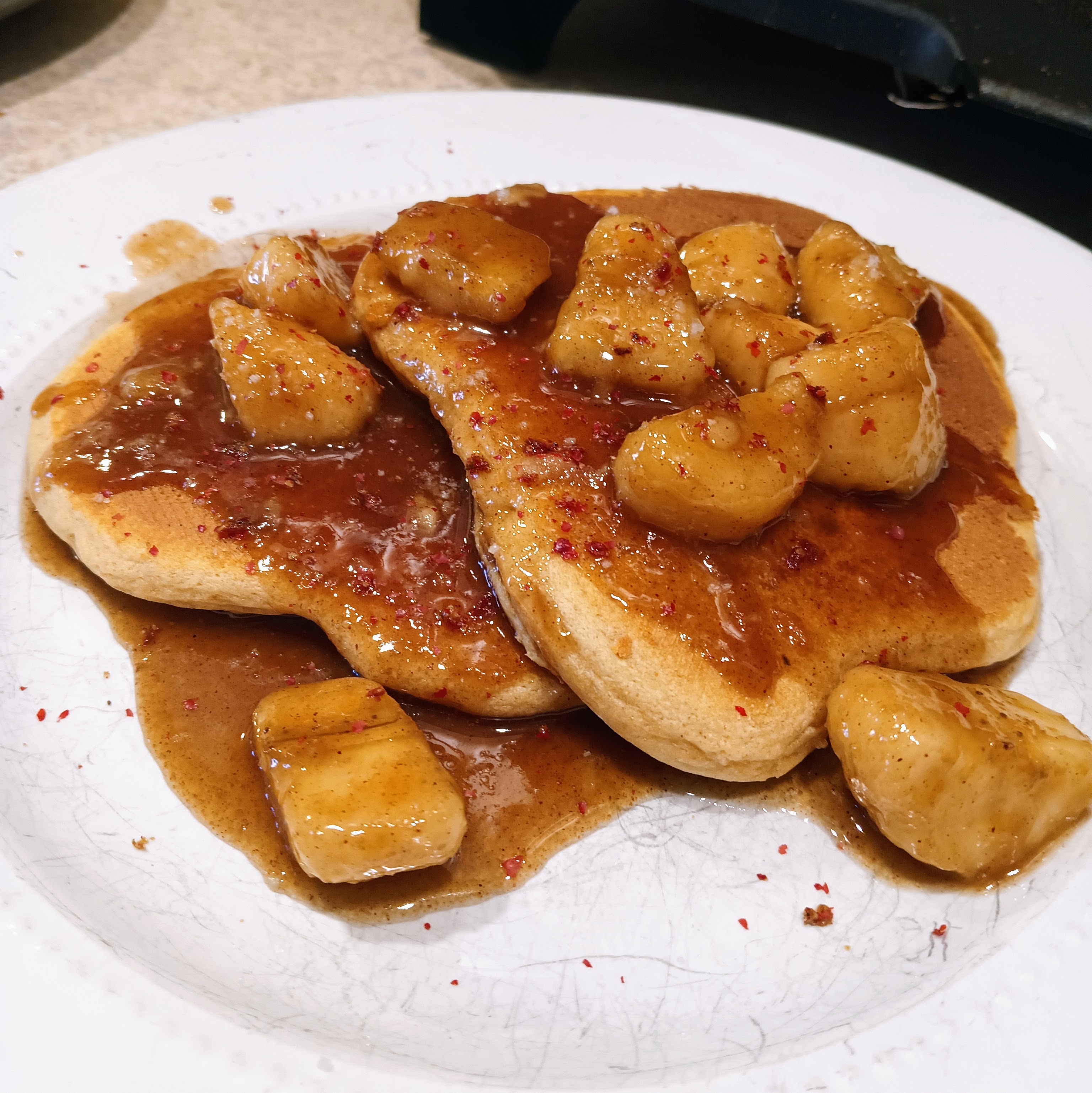
After dabbling in tons of things for most of my life, I finally committed to American food a few years ago. And not in the burger-and-fireworks caricature way, but as a rich, regional, diverse, and underappreciated cuisine. Oh, and I did it without thinking my blueberry cobbler must become a national secret and my mother’s chili recipe should be the 28th amendment to the Constitution.
I sometimes wonder if some home cooks (and even some professionals) are afraid of committing to a discipline because they fear missing out or appearing uncultured. But the act of digging deep, rather than wide, turns cooking into scholarship and storytelling. You don’t just learn how to make biscuits—you learn why Appalachia shaped its flour use the way it did. You learn how the Great Migration flavored soul food. Eventually, cooking becomes a love letter to place and people.
The point is commitment unlocks creativity. Once you have a foundation, dabbling elsewhere stops being frantic sampling and starts becoming dialogue. Trying an Italian recipe doesn’t just become “I have the greatest recipe (I assume) for risotto.” Instead, you take your own expertise and make little changes to recipes you find abroad; and then you take those international ideas and bring them home to change your own pantry. That’s worth way more than being a recipe hoarder with a thousand pins about curry but no cumin in the pantry.
Die on a Hill – Culinary Opinions Aren’t Optional, They’re Essential
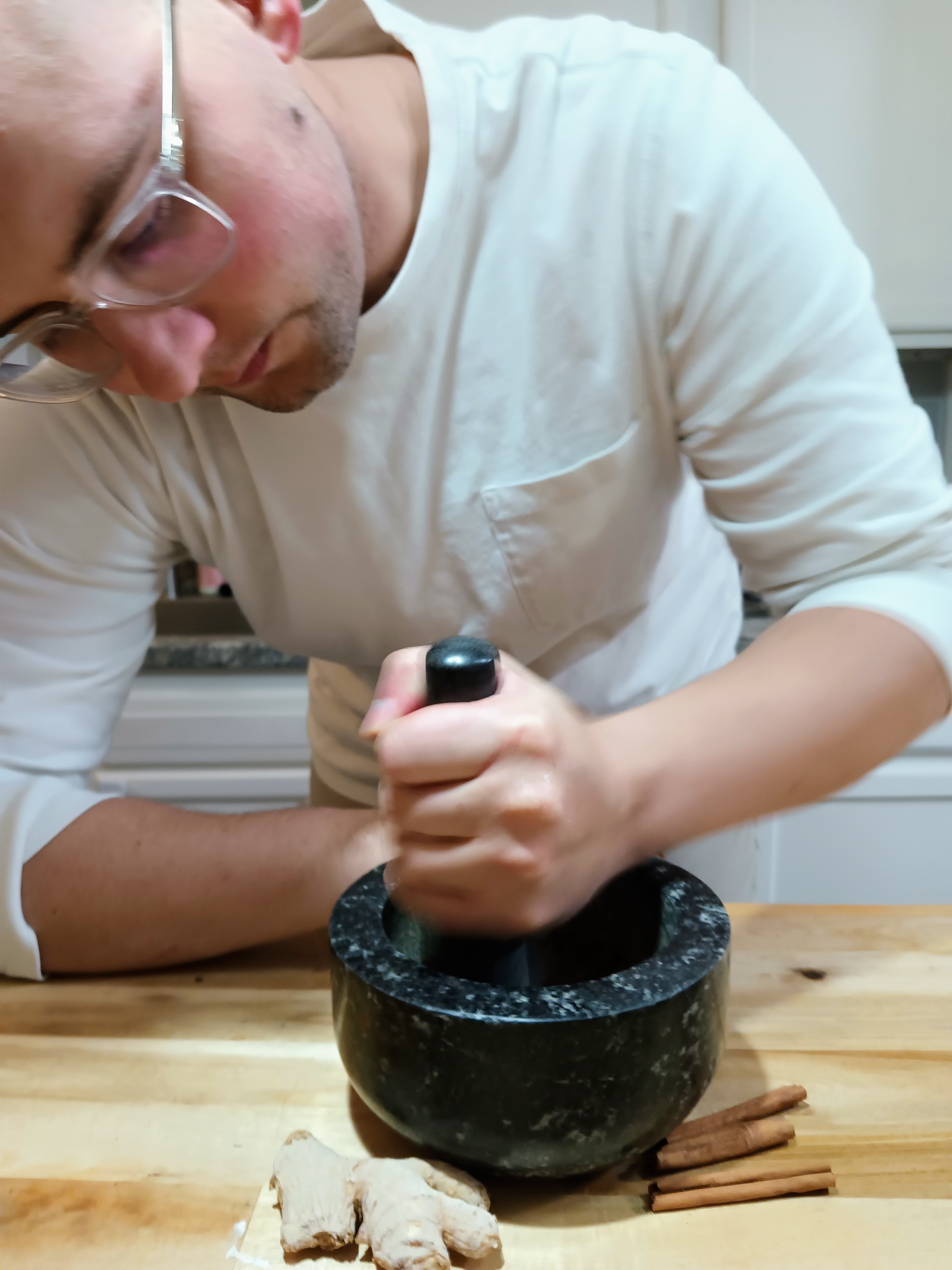
It's okay to have opinions. It's okay to have opinions that diverge from the mainstream. It's okay to ruffle feathers. In fact, your ability to do so is a sign that you are, in some ways, and expert.
The whole idea that cooking should be this bland, diplomatic experience where every taste is valid is nonsense. Passionate cooks have to hold opinions. That’s how techniques get refined. That’s how you build a signature style.
What are some hills I’ll die on?
- You don’t need a garlic press; you just need to learn to use a knife.
- Store-bought barbecue sauce is just about the worst thing ever.
- You don’t need to rest your meat.
- A mortar and pestle belongs in every kitchen.
But here's the twist: Dying on a hill doesn’t mean you’re closed-minded. It means you’ve earned the right to your opinion through experience and critical thought. So when you say “Yes, New England clam chowder is superior and don’t @ me,” you’re not just being spicy—you’re staking a claim that can be argued, challenged, and ultimately, respected.
Food is Art – And You’re Both the Artist and the Canvas
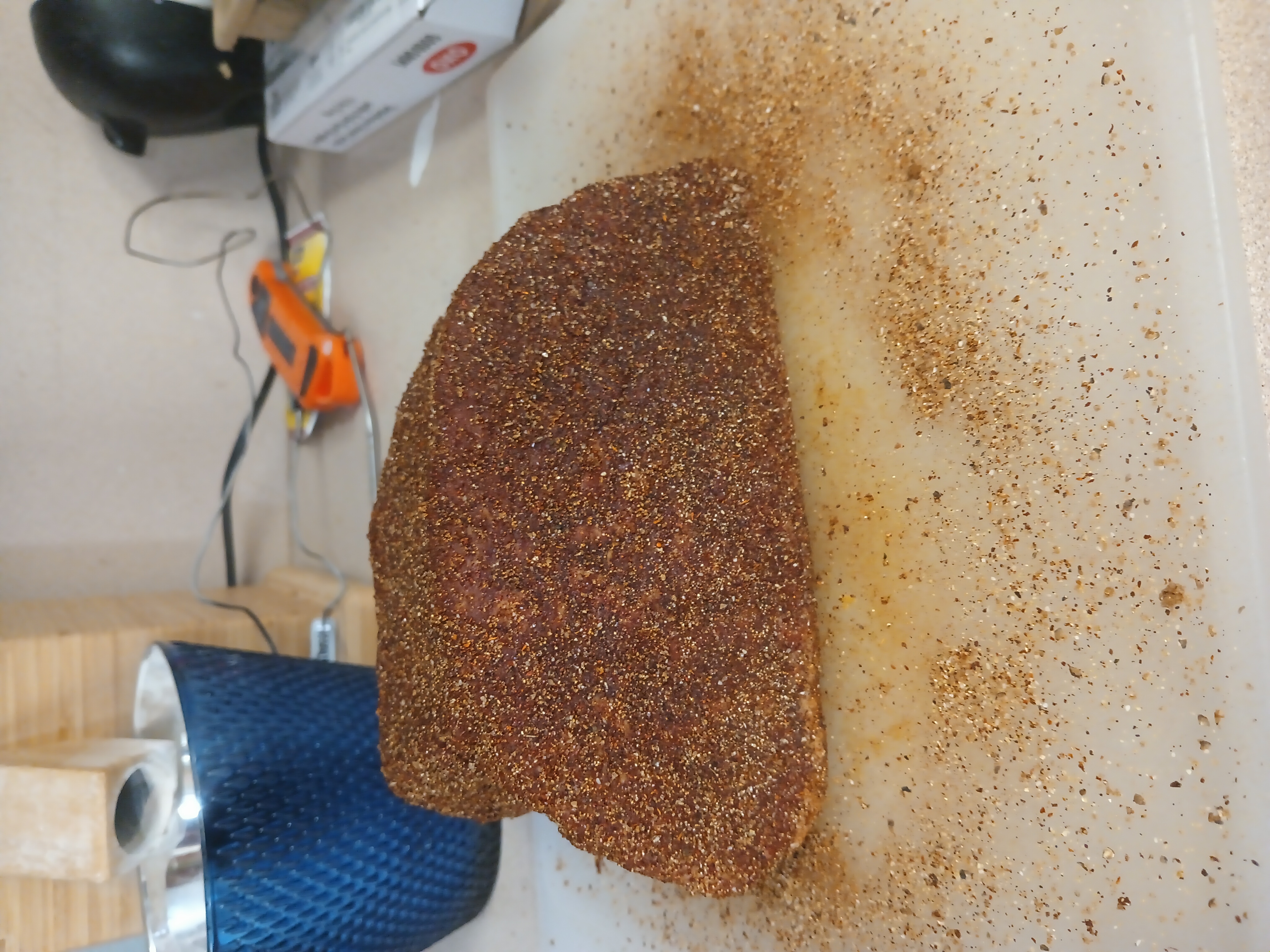
Too many folks treat cooking like a chore: something that must be endured. But in the Cook’n family? We see it for what it is—expression, emotion, story, medium. Cooking is sculpture, but the statue melts in your mouth and makes you cry about your ex.
Great art doesn't have to be revolutionary. It can be nostalgic, quiet, and humble. A perfectly executed grilled cheese can carry more soul than a fussy foam-covered entrée. Art isn’t about impressing—it’s about communicating. Food does that, often better than words ever could.
Use a Thermometer – Because Chaos Isn’t a Flavor
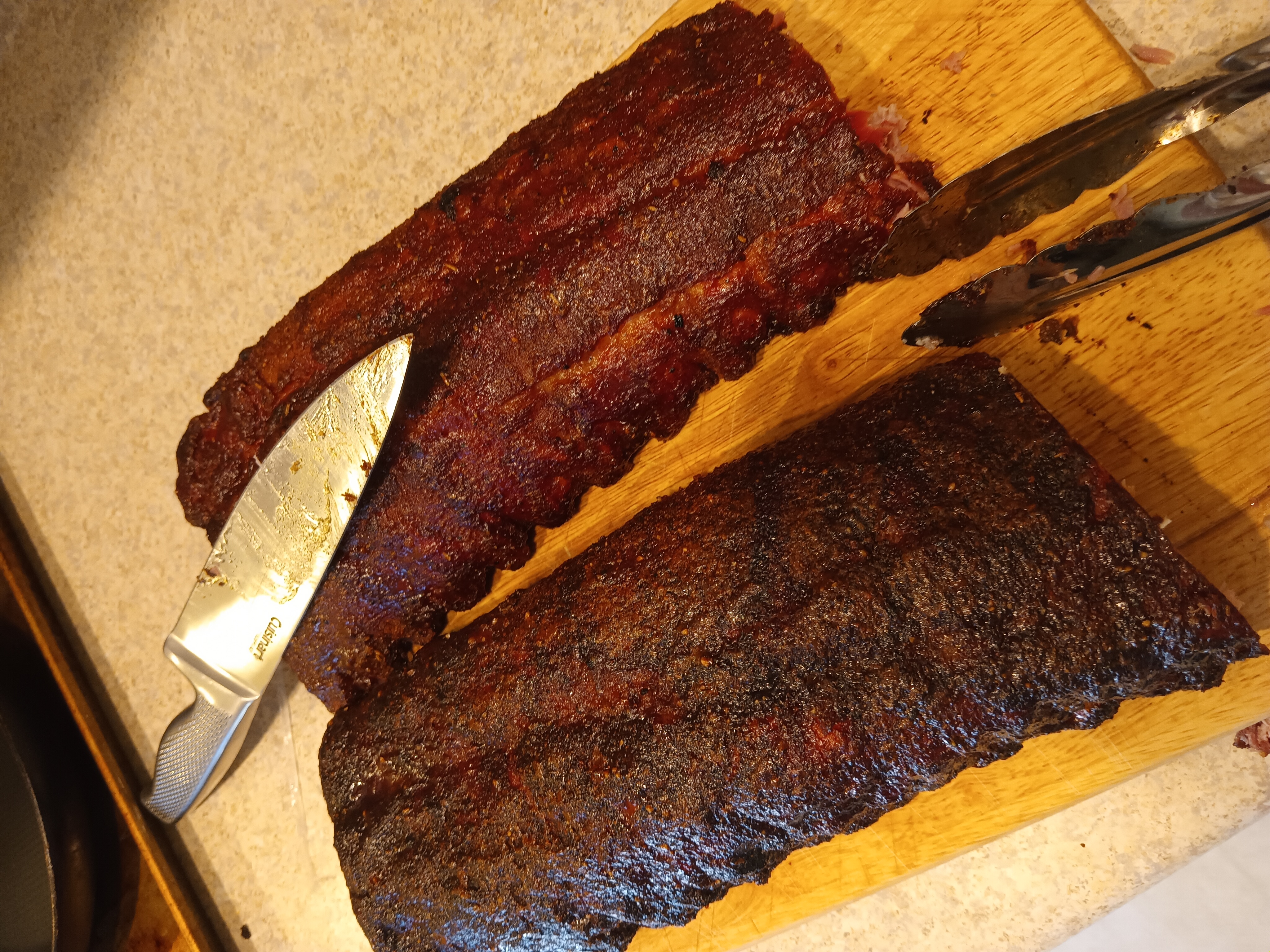
Timers and measuring cups are for cavemen. If you want precision, you use scales and thermometers. It’s not about being obsessive—it’s about empowering yourself with knowledge.
Oh, you don’t need a thermometer for your steak, you say? You just know when it’s done? You can poke it and just tell the doneness? Buddy, then go talk to the professional chefs who cook hundreds of steaks every week and charge you through the nose for it and tell them they’re doing it wrong. Show them your fancy thumb-squeeze technique. Explain to them (and to me) why every single one of the experts uses a thermometer religiously, yet you’re convinced you’re better off without it. Or better yet, come to my house. We’ll have a cook off.
But on the flip side, you don’t actually need that many tools to live and die happy. Tools are servants, not gods. Mastery doesn’t require a kitchen the size of a spaceship. A few good knives and the know-how to use them? That’s monk-level cooking enlightenment. And once you get the basics locked in, then you can riff, improvise, and break rules without poisoning someone.
Family First – Food as a Means, Not the End

When my daughter was old enough to reliably stand on her own without ever wobbling, we bought her a big stool so she could stand by daddy and help him cook. My kids have been in the kitchen with me since the beginning of their lives.
This is the emotional core to why I cook. Food isn’t just about technique or presentation—it’s about people. I don’t cook to flex, but to connect. That’s the thing that will echo longer than any recipe we’ve written down.
Let’s broaden it a bit: “Family” doesn’t always mean blood. It’s whoever you choose to feed and be fed by. Cooking can be an act of love, a gesture of belonging, or a quiet protest against loneliness. And when you put others at the center of your practice, you ensure your cooking matters—even if no one ever puts it on Instagram.
Goodbye with Love
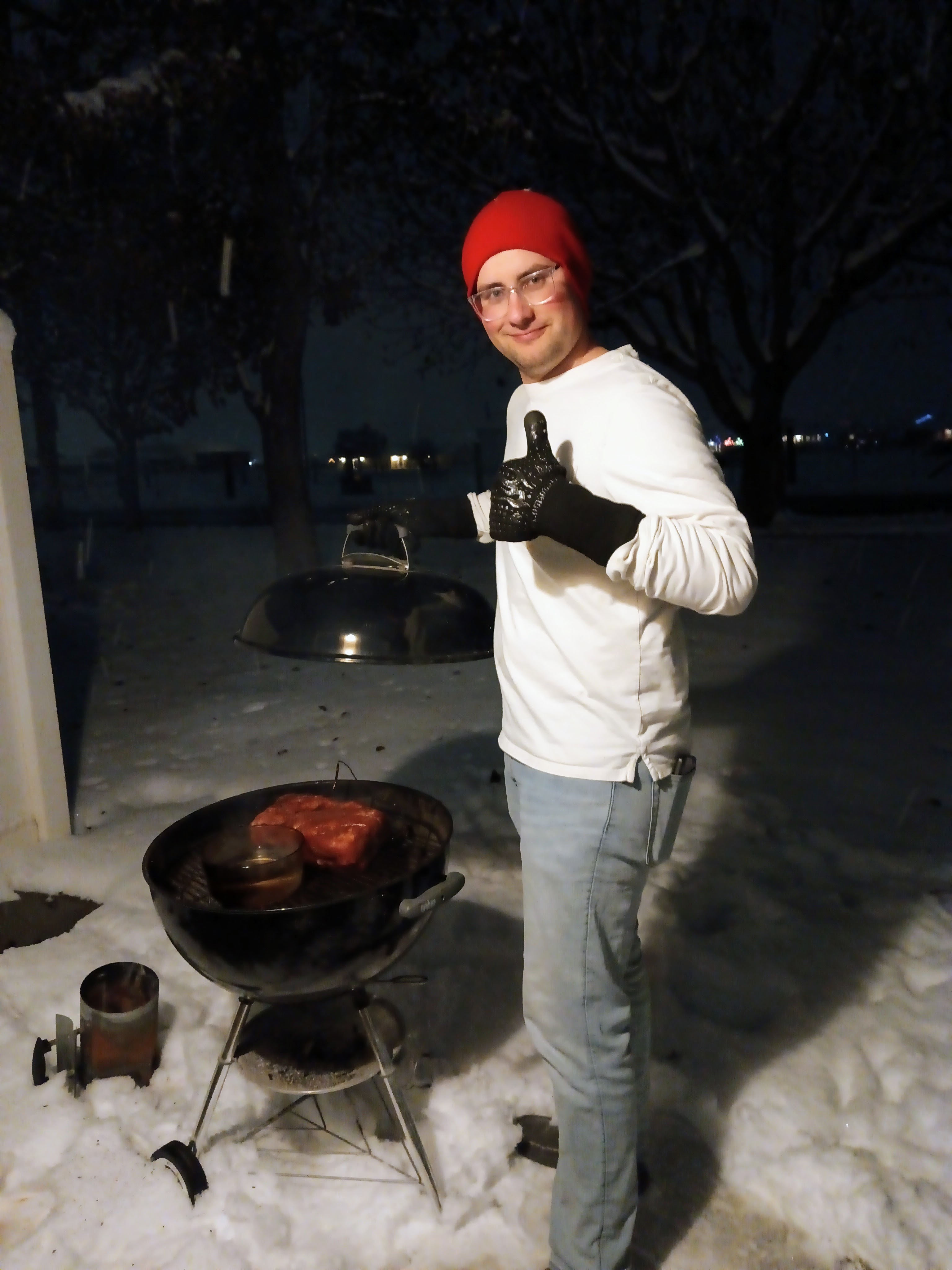
Thanks for enjoying my articles! Thanks for the comments, and thanks for the personal emails asking questions and thanking me for insights! Thanks even to that one guy who emailed me with a super condescending message that I got something wrong about salt.
Remember, you don’t need a Michelin star. You don’t need Pinterest. You just need taste buds, a point of view, and the audacity to care. Cooking is chaos and precision, love and laziness, fire and flavor—and if you’re doing it right, a little bit of yourself always ends up on the plate. Hopefully not literally, unless you’re into that.
If food is art and life is short, then dinner is your daily protest against entropy. Light the stove. Die on a hill. Pour your soul into something edible. And remember: you are the only you who can burn lasagna with this much style.

 Matthew Christensen
Matthew Christensen